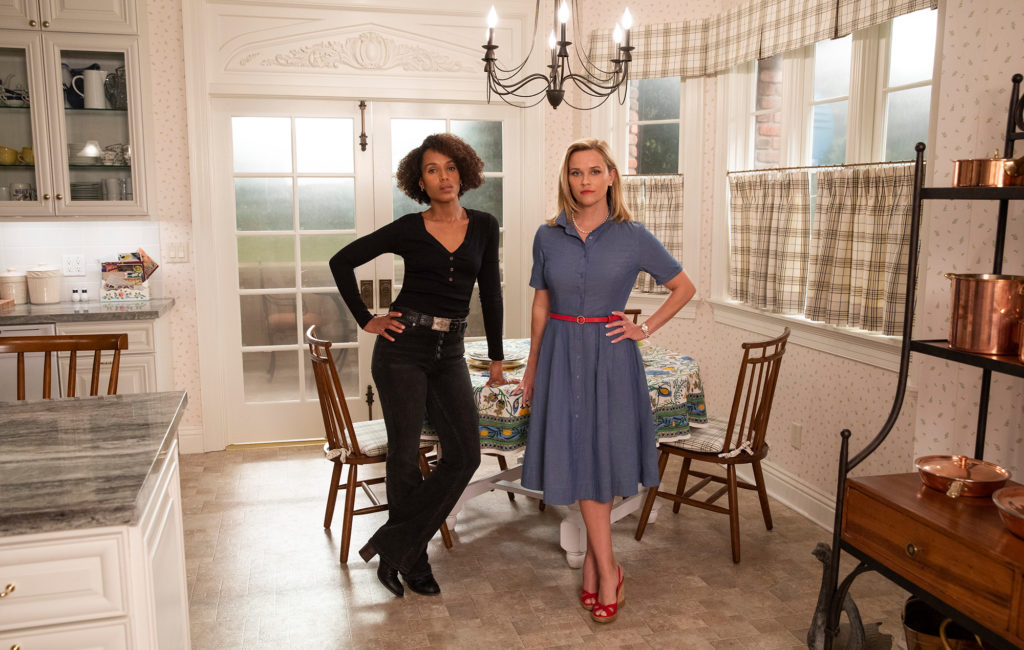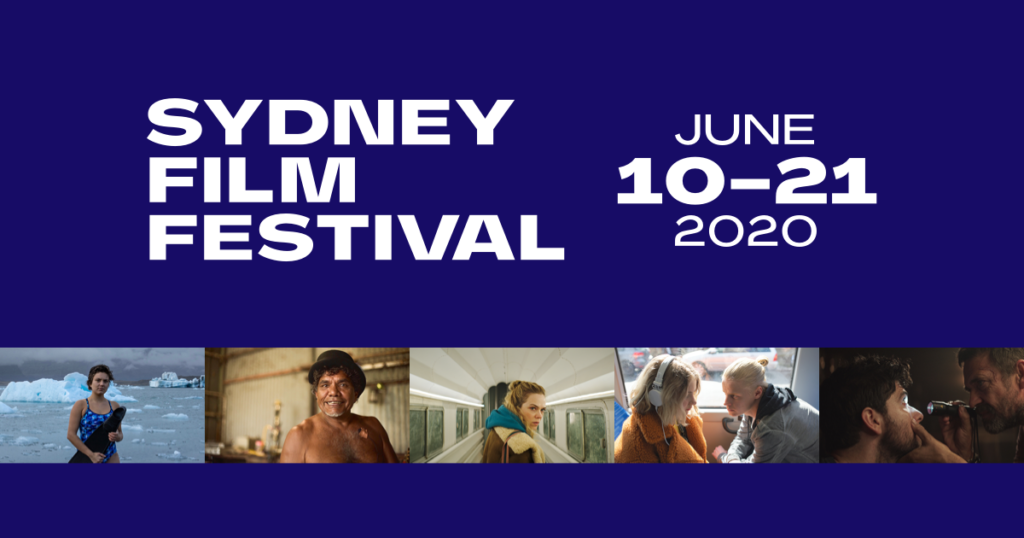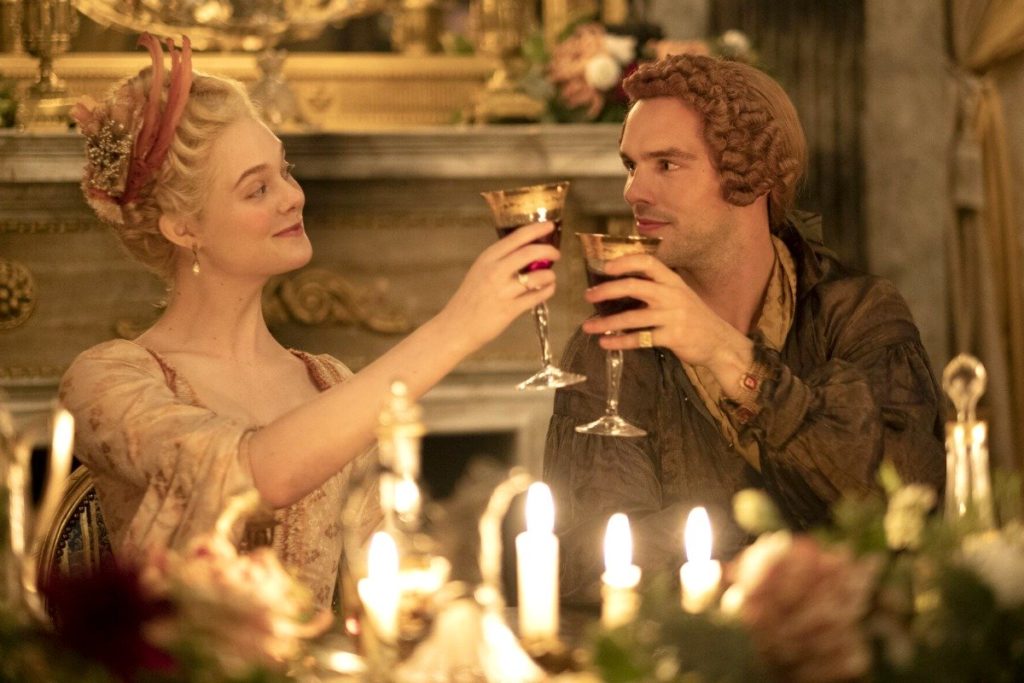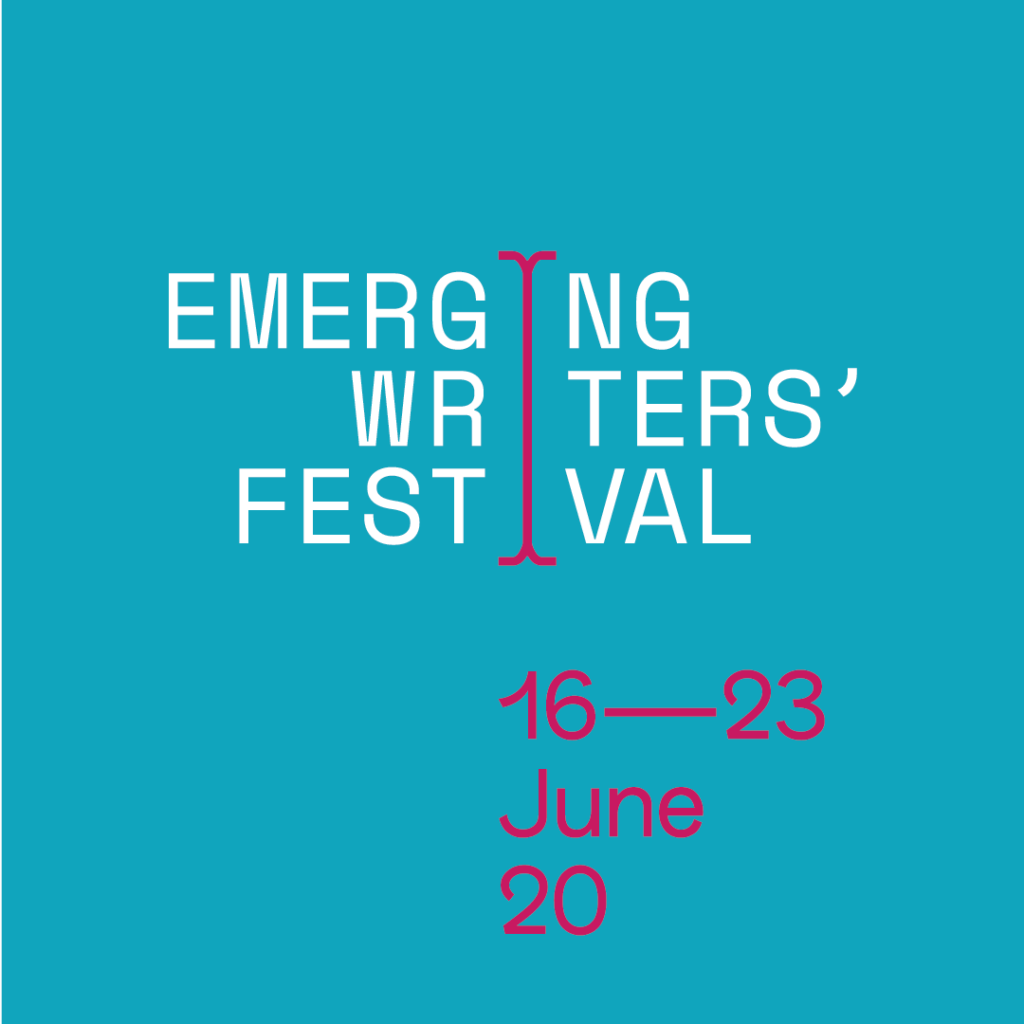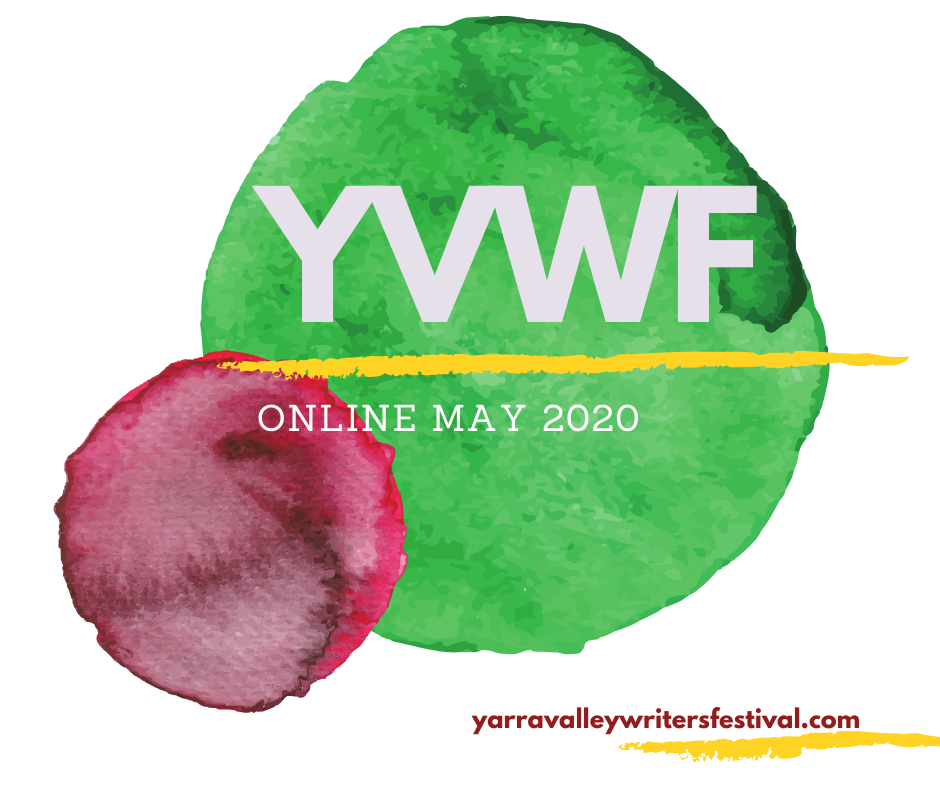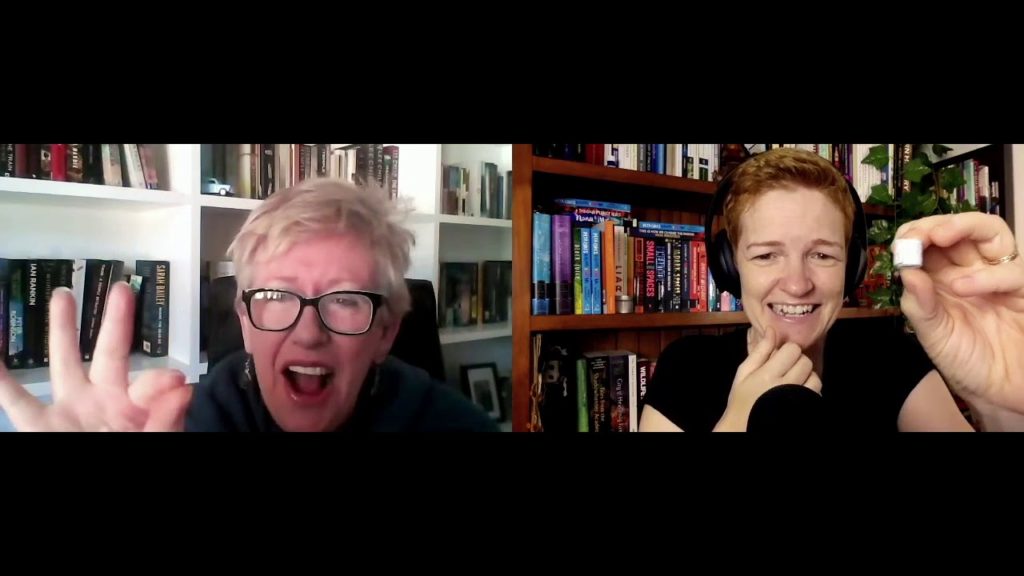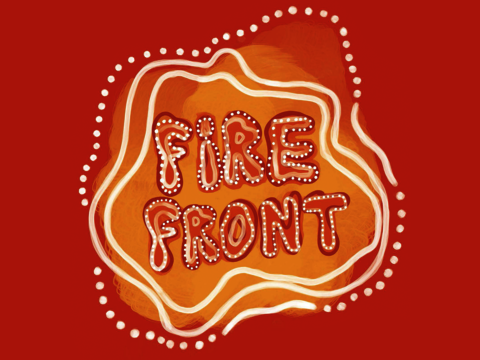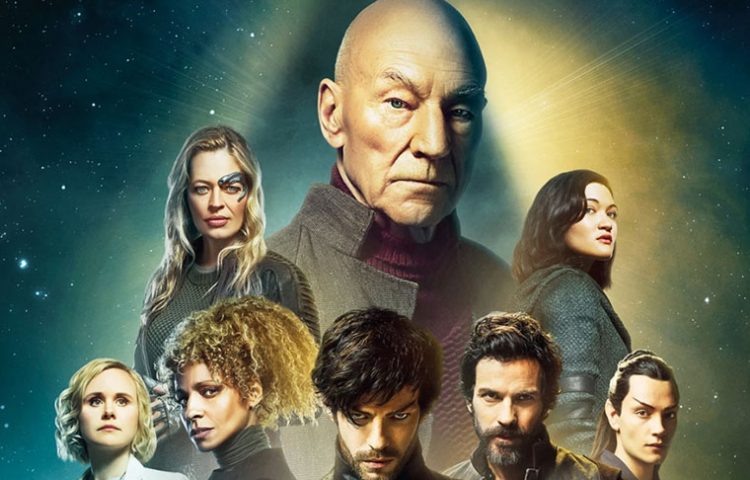Little Fires Everywhere
Claire Thompson, Program Officer
Last week I watched Little Fires Everywhere, an eight-episode miniseries based on Celeste Ng’s 2017 bestselling novel, Little Fires Everywhere, now available on Amazon Prime Video. Having loved the novel, I was excited when I heard Reese Witherspoon’s production company (Hello Sunshine) had acquired the rights to jointly produce Little Fires Everywhere. Having loved Gone Girl, Wild and Big Little Lies—also produced by Hello Sunshine—I was excited to see how they’d adapt Little Fires Everywhere. And I am pleased to say I was not disappointed.
Set in the 1990s in Shaker Heights, Ohio, the story follows the lives of two women, Elena Richardson (Reese Witherspoon) and Mia Warren (Kerry Washington), as their lives become increasingly entangled. Elena is married with four children, lives in a mansion, works at the local newspaper, and is obsessed with keeping up an image of being the perfect mother, wife and woman. The story’s setting of Shaker Heights amplifies this unhealthy obsession with appearances, as the town itself has been perfectly planned with a list of rules for all residents to follow, right down to the length lawns are allowed to be before the owners get fined for it being too long.
Having given up her pursuit of being a respected journalist to raise her family, Elena is resentful and bitter, and this dissatisfaction with her life shows itself when Mia Warren moves to Shaker Heights. Mia is an artist, a single mum, strong-willed and she doesn’t care what anyone thinks. Throughout the show, Elena becomes increasingly obsessed with Mia, claiming she wants to help Mia, but really, Elena just wants to feel better about herself.
What’s interesting about the TV show adaptation, is the story focuses much more on racism than the book did. In the book, Celeste Ng never specified the racial background of Mia, but in the show, Mia is African-American, and this becomes a central plot point, as Elena and her family’s racial biases come to light in the way they treat both Mia and her daughter Pearl differently (despite all the Richardsons thinking they’re not racist). Like the book, the show also has a heavy focus on class, privilege and motherhood.
I won’t say much more so I don’t give the whole story away, but I definitely recommend you give Little Fires Everywhere a watch. The production value is high quality, and both Reese Witherspoon and Kerry Washington give phenomenal performances.
Sydney Film Festival 2020 Picks
Sarah Mott, Project and Communications Officer
If you’re like me and this time of year is usually spent at the cinema for Sydney Film Festival, it’s going to take some mental adjusting to the new stay at home format. Half the experience is the big screen, the like-minded crowds and over consumption of movie food.
The Sydney Film Festival has released its 2020 program in 2 parts: a limited On Demand program of local and international films and documentaries that will be available to rent for ‘ticket-buyers’ to watch at home. There’s a small, sturdy collection of films with strands that focus on European female filmmakers, Australian short films, documentaries and films made by practitioners with disabilities. While some filmgoers may be disappointed with the small program, this seems fitting for a Netflix-led era where saturation has become a real problem. Honestly, this comes as a relief from previous years, where festival preparation usually includes feverishly triaging films from a gorged program against my meagre spending budget.
Let’s also be honest and acknowledge that often, festival cinemas are made up of white, middle-class, inner-city audiences. Access is a problem, both geographically and economically. Not only is the festival accessible from home to all with working internet, there is also the second program stream: the Sydney Film Festival Selects – a free movie collection, curated by SFF director Nashen Moodley, launched on SBS On Demand. They’re not brand-new films (Moodley has selected his all-time favourite films from festivals past) but they’re high quality films I have been meaning to see, so why not now, from my couch? Make sure you catch Ali’s Wedding from Aus playwright and actor Osamah Sami, Boy the second film from Taika Waititi, Belgium/Flemish Girl, directed by Lukas Dhont, and the uplifting Mustang from director Deniz Gamze Ergüven.
If this selection isn’t enough for you (wow,okay) tune into We Are One global film festival curated by film festivals across the world.
The Great, Writers’ Festival Picks & Online Events
Julia Tsalis, Program Manager
For very entertaining and definitely not historically accurate viewing I highly recommend The Great on Stan. The ‘occasionally based on fact’ story of Catherine the Great is beautifully written and produced by the Australian Tony McNamara. He also wrote The Favorite and it has a similarly lush and irreverent approach to historical drama combined with great dialogue, characters, and costumes. You may find yourself drawn to enthusiastically exclaiming ‘huzzah!’ after watching it.
I’ve had the pleasure of watching quite a lot of events, launches, and talks online. Some of the highlights have been the launch of the Emerging Writers Festival (16 – 23 June). Not surprisingly EWF combined their knack of identifying interesting new writers with their expertise in producing online events to produce a great event. They’ve moved the festival online, which means you can attend the National Writers Conference and other fabulous events from anywhere. You can see the program here.
Other highlights have been the brand new Yarra Valley Writers Festival, which found itself in the unenviable position of starting their first festival when the country went into lockdown. For a small local festival they responded with remarkable agility and creativity. They moved the festival entirely online and worked out a way to charge for it. For a really well curated and interesting line up of speakers you can purchase a ticket to view the festival and they also have an ongoing program of events.
Avid Reader came out early with a range of online conversations replacing their regular on site events. Under the guidance of author Krissy Kneen they continue to program interesting people and discussions. You can find their programming here and I recommended signing up for their newsletter.
#Auschat with Anna Whateley
Ashley Kalagian Blunt, Senior Program Officer
Debut YA author Anna Whateley has been catching up with writers in short, fun YouTube videos under the hastag #Auschat. She’s the Brisbane-based author of the new book, Peta Lyre’s Rating Normal, and has been posting videos of fun chats with authors across the country including Oliver Phommavanh, Kay Kerr, Bram Presser, Sandy Barker and many more.
More Events & Star Trek: Picard
Lou Garcia-Dolnik, Membership and Administration Officer
In somewhat of a shame-motivated crawl out of the likes of Rick and Morty, Schitt’s Creek, Dance Moms and, yes, occasionally, Keeping Up with the Kardashians, I’ve been turning my attention to less rock-bottom and more palatable online events and TV series for my health. Last month, I tuned into the Wheeler Centre’s digital launch of UQP’s Fire Front: First Nations Poetry and Power Today for what was maybe the best event streamed since lock-down. This special showcase of Fire Front contributors, hosted by the inimitable Alison Whittaker, herself the author of two stellar books of poetry, was breathtaking in the range, scope and ingenuity of its readers, ranging from established authors like Tony Birch to the up-and-coming Luke Patterson and Raelee Lancaster (two personal favourites), and capped off with a conversation between Evelyn Araluen and Alison Whittaker. Choice pickings out of an incredible collection of First Nations poetics; tune in for the readings and stay for that cracker of a conversation between Evelyn and Alison—these two are so bloody smart and talented it was a dream come true to witness them in the same space with the combined forces of their respective knowledges and poetic sensibilities. Pop this one up on the big screen if you can: it’s well worth it.
Like Julia, I also enjoyed EWF’s program launch on 2 June—Jamie Marina Lau’s Sims-inspired piece and Panda Wong’s real-time eulogy/paean to goth-girlness being my favourites of the five—and am super excited for their program this year. I’ve already bought my tickets to the National Writers’ Conference to hear fellow Voiceworks poetry editor Darlene Silva Soberano and Electic Lotus author Manisha Anjali talk all things poetry, and have popped all the dates/times for readings with Leah Jing, Maria Tumarkin and Ana Maria Gomides into my calendar. With most of the readings being free or pay-as-you-can, there’s really no excuse not to go!
No amount of feeling sullied by the amount of crap freely available on Netflix will ever make ashamed of getting my daily fix of Star Trek: Next Generation and it’s 21st century sequel, set in the late-24th, Star Trek: Picard. In his long anticipated return to the screen, Patrick Stewart’s reprisal of his seminal role as captain of the starship Enterprise (if you’re unfamiliar with the reference, think engage, or the endless number of Patrick Stewart facepalm memes in a tight red and black jumpsuit) doesn’t fail to satisfy the decades-long itch Trekkies have been dying to scratch since termination of Next Generation in the late 90s. Picard sees many of the actors we’ve come to know and love, among them Marina Sirtis (Deanna Troi), Jonathan Frakes (Will Riker, and series director), Jeri Ryan (Seven in Star Trek: Voyager) and Jonathan Del Arco (Hugh, the rehabilitated Borg), a little more seasoned by decades past; and those character trajectories, thankfully, don’t ever feel forced, contrived or overacted. In fact, I got the regular warm-fuzzies seeing relationships developed, sometimes lost, characters jaded by personal and intergalactic tragedies and traumas—this is a big and bad universe, after all—which is also one of the series’ primary attractions: it never fails to deliver political and moral complexity, informed by vast and captivating imagined histories, social tensions, traumas and triumphs. As such, the Picard of Picard steers far away from the moral absolutism of Next Generation, which comes as a welcome break from the suspension of belief cast over Picard as infallibly good (I mean, in addition to being a white space boomer, dude has had his body invaded, tortured and made responsible for the deaths of many thousands multiple times). Think less philosophising and more accountability, though Picard remains an essentially loveable character, however fraught. There are also a host of new players to warm up to: Isa Briones as Soji/Dahj, Michelle Hurd as Raefaella, Picard’s new moral counsel, and Harry Treadaway as a hot, double-timing Romulan. There’s also Evan Evagora playing alien Legolas, which is great. Also, if anybody was wondering about Data’s fate after his self-sacrifice and partial memory transfer to B4 in Nemesis, those storylines are resolved tenderly, with due thought given to his legacy as the philosophising Tin Man of space (R2D2 and C-3PO simply do not have the range, and I will die on this hill). This is likely none of you, but one does hope.
*
More from Writing NSW
Check out our full range of in-person writing courses in Sydney, our online writing courses and our feedback programs to see how we can help you on your writing journey. Find out about our grants and prizes, as well as writing groups across NSW, and sign up to our weekly newsletter for writing events, opportunities and giveaways.

